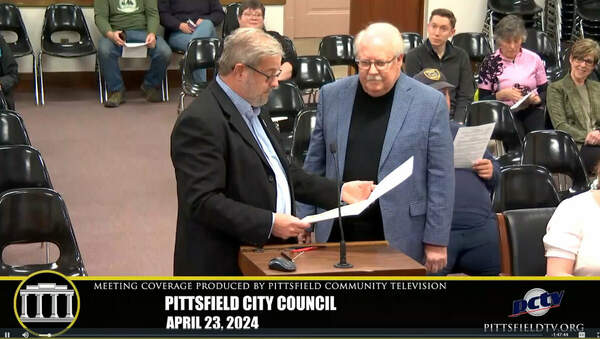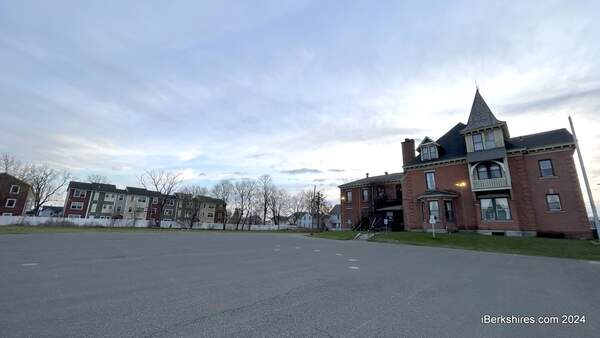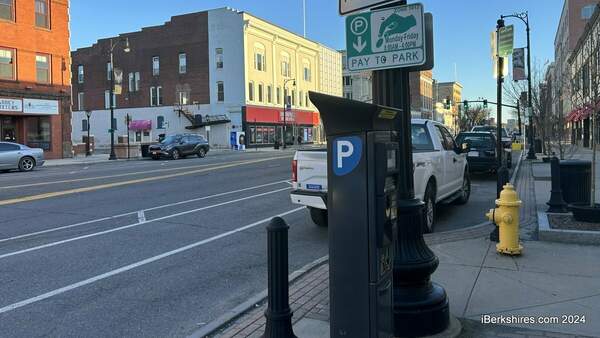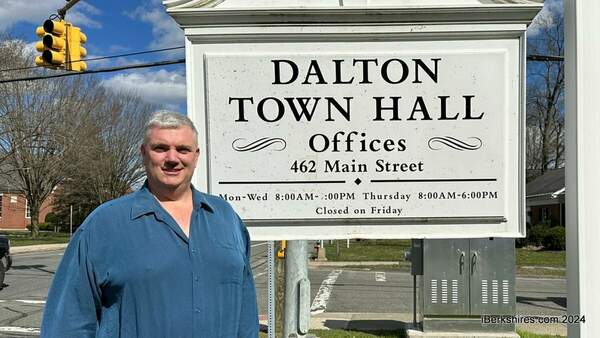Pittsfield Reels In Grant To Fight Youth Violence
(2).JPG) The city was awarded the grant last week. The city was awarded the grant last week. |
PITTSFIELD, Mass. — The city has reeled in a $100,000 grant to combat youth violence.
The Senator Charles E. Shannon Jr. Community Safety Initiative grant is eyed to expand programming the city has begun particularly in the public housing.
Earlier this year the city opened "community centers" in two of the public housing facilities and began partnerships with 10 nonprofits to run various literacy, public safety and health-themed projects.
That began with a $60,000 Shannon Grant and the city will now bring on a program coordinator to building those initiatives at Dower Square and Francis Plaza.
"This will solidify and strengthen what we have going as well as provide more outreach," Mary McGinnis, director of administrative services, said on Tuesday.
At the community centers, the city launched such programs as "coffee with a cop," which is eyed to help connect residents with officers. They've run health programs through Berkshire Health Systems, literacy with the United Way, sports mentoring with the sheriff's department and others. A primary partner is the Salvation Army, which operates a "bridging the gap" program focused on early intervention and prevention.
The city's coordinator, who will be brought on "sooner than later," will seek to expand partnerships with nonprofits and organize more events. The coordinating was being done as a secondary job; half of the new grant will pay to bring on someone full time or to subcontract the work.
"We've earmarked a good $50,000 for the coordinator position," McGinnis said.
Overall, the grant is expected to bring in multiple resources to address the causes of gang activity and youth violence. The goal is to be more proactive in fighting crime.
"The Shannon Grant is to reduce gangs and suppress violence," McGinnis said.
The grant does not require a match. It is named for the late state senator who represented the 2nd Middlesex District for more than two decades. Shannon, who had advocated for crime and gang prevention measures, was a Lexington police officer for 20 years.
Tags: crime prevention, gangs, state grant,















